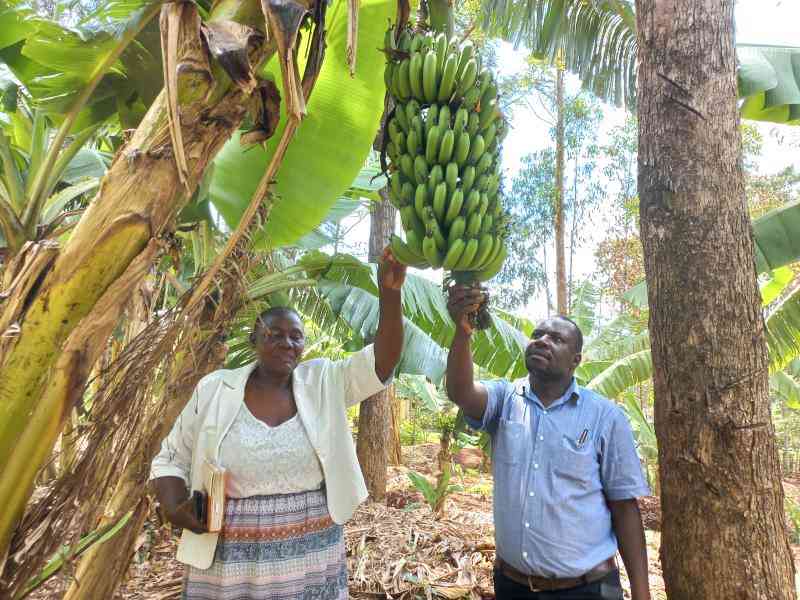By Bimal Kantaria
Kenya: Every year, about 800,000 young Kenyans reach working age. The job market can only accommodate 50,000 of them.
It is a situation aptly captured in the numerous studies that show five out of every ten Kenyan youths are unemployed, majority with impressive academic competencies. Where do the rest go or do? The net effect is spiralling crime. The World Bank called them a disaster in waiting; a ticking time bomb.
But the same researches identify agriculture as an untapped goldmine in job creation capable of absorbing the unemployed millions. So where is the disconnect? For starters, ‘the man with the hoe’ still remains an apt description of the average Kenyan farmer.
This average farmer remains indigent, regarded by today’s youth as anathema. Surveys point to a considerable decline in interest by African youths in agriculture at all levels, from farming to research to extension.
Kenya’s Horticulture Policy 2010 recognises a negative attitude towards agriculture aggravated by the education system and social perceptions, limited access to and ownership of land for farming and lack of funds to invest in commercial horticulture as the biggest turn offs for youth.
Agricultural education is one of the major culprits, having traditionally stressed science and technology, at all levels. What does an agriculture graduate expect to live by? Informal enquiries show that very many expect to end up behind a desk, not farming.
There is therefore an urgent need to re-examine the place of entrepreneurship in agricultural training. And in a modern free market economy, to continue expanding public sector employment is anachronistic.
An economy has never moved from poverty to wealth from the top down. Take-off came when businesses started doing better and growing in a thousand and a hundred thousand homes and hands. And the fastest way to do that was in agriculture.
If the youth are to choose careers in agriculture they have to see the sector as financially rewarding, modern and challenging.
There are youths who are a living testimony, generating three times the money they put in tissue culture bananas in a single year, or even adding value to the surplus sweet potatoes to make unique yoghurt they are calling portaghurt. And in every step of the production process, a few jobs are created and earnings from the value added products double or triple, compared to the raw products.
A youth group in Kirinyaga making sweet potato yoghurt has created extra 60 jobs through value addition and are selling 50ml yoghurt at Sh60 made from one sweet potato, which would pick Sh10 in the area. Such productive, money minting ventures are incentives enough to shift the youths’ mindshift. The Government’s resolve to put a million acres of land under irrigation is laudable and encouraging.
Bimal Kantaria is the managing director of Elgon Kenya Limited
 The Standard Group Plc is a
multi-media organization with investments in media platforms spanning newspaper
print operations, television, radio broadcasting, digital and online services. The
Standard Group is recognized as a leading multi-media house in Kenya with a key
influence in matters of national and international interest.
The Standard Group Plc is a
multi-media organization with investments in media platforms spanning newspaper
print operations, television, radio broadcasting, digital and online services. The
Standard Group is recognized as a leading multi-media house in Kenya with a key
influence in matters of national and international interest.
 The Standard Group Plc is a
multi-media organization with investments in media platforms spanning newspaper
print operations, television, radio broadcasting, digital and online services. The
Standard Group is recognized as a leading multi-media house in Kenya with a key
influence in matters of national and international interest.
The Standard Group Plc is a
multi-media organization with investments in media platforms spanning newspaper
print operations, television, radio broadcasting, digital and online services. The
Standard Group is recognized as a leading multi-media house in Kenya with a key
influence in matters of national and international interest.








